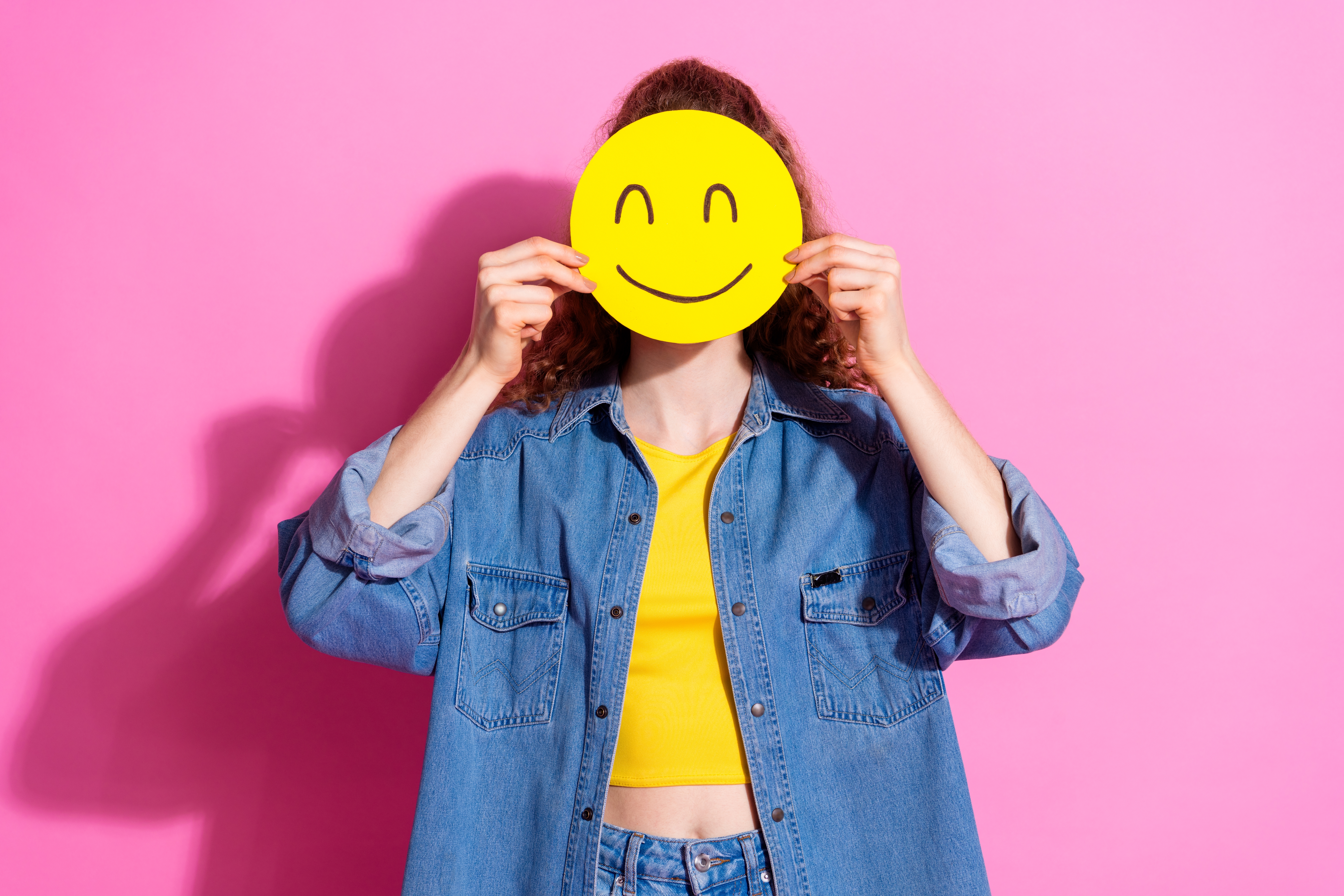
(Vienna, 10 March 2025) There is evidence that media reports of individuals who talk about successfully overcoming a suicidal crisis can have a preventive effect on other people in a similar situation. Researchers at the University of Vienna and the Medical University of Vienna have now been able to show that this effect, also known as "Papageno effect", also applies to posts on Instagram and other social media platforms. The findings of the study published in "Social Science & Medicine" show that social media influencers can also contribute to suicide prevention.
The "Papageno effect" has been demonstrated for traditional media such as daily newspapers, but also for music or suicide prevention websites. In the case of social media, however, research is currently dominated by the investigation of their possible negative effects, according to Florian Arendt (Department of Communication, University of Vienna), who conducted the study together with his colleague Armin Gutsch, as well as Benedikt Till and Thomas Niederkrotenthaler (both from the Center for Public Health, MedUni Vienna). The study aimed to investigate whether preventive effects would also be evident for social media influencers on Instagram & Co. – especially because the stories shared on social media are often shorter and specifically targeted towards a younger audience.
Preventive effect in vulnerable individuals
For the experiment, the researchers created posts modelled on the real Instagram account of Kevin Hines, a suicide attempt survivor who is a best-selling author, world-renowned speaker, and award-winning documentary filmmaker, who regularly posts messages of hope, healing, and recovery on his Instagram account. The posts were shown to some of the 354 subjects, while a control group was shown visually similar posts that were unrelated to mental health. Suicidal ideation was measured using the "Reasons for Living Inventory” before and after the intervention. In addition, the willingness of individuals to seek help themselves in a crisis was also measured before and afterwards. The result: a positive effect of social media posts about hope, healing, and recoverywas found especially in those individuals who had increased suicidal ideation at baseline. According to the study, suicidal ideation decreased and their intention to seek help increased.
The results demonstrate the positive effect of suicide-preventive social media posts and illustrate the potential of influencers. Therefore, according to the researchers, it should be discussed how social media can be taken into account in national suicide prevention programmes or in formats such as the "Papageno" media award, which is awarded in Austria for suicide-preventive reporting for legacy media. (APA, red)
Publication: Social Science & Medicine
Social media influencers and the Papageno effect: Experimental evidence for the suicide-preventive impact of social media posts on hope, healing and recovery
Florian Arendt, Benedikt Till, Armin Gutsch, Thomas Niederkrotenthaler
Doi: 10.1016/j.socscimed.2025.117852
https://www.sciencedirect.com/science/article/pii/S0277953625001819
Points of contact for those affected in crisis situations:
www.suizid-praevention.gv.at
www.bittelebe.at (for young people)